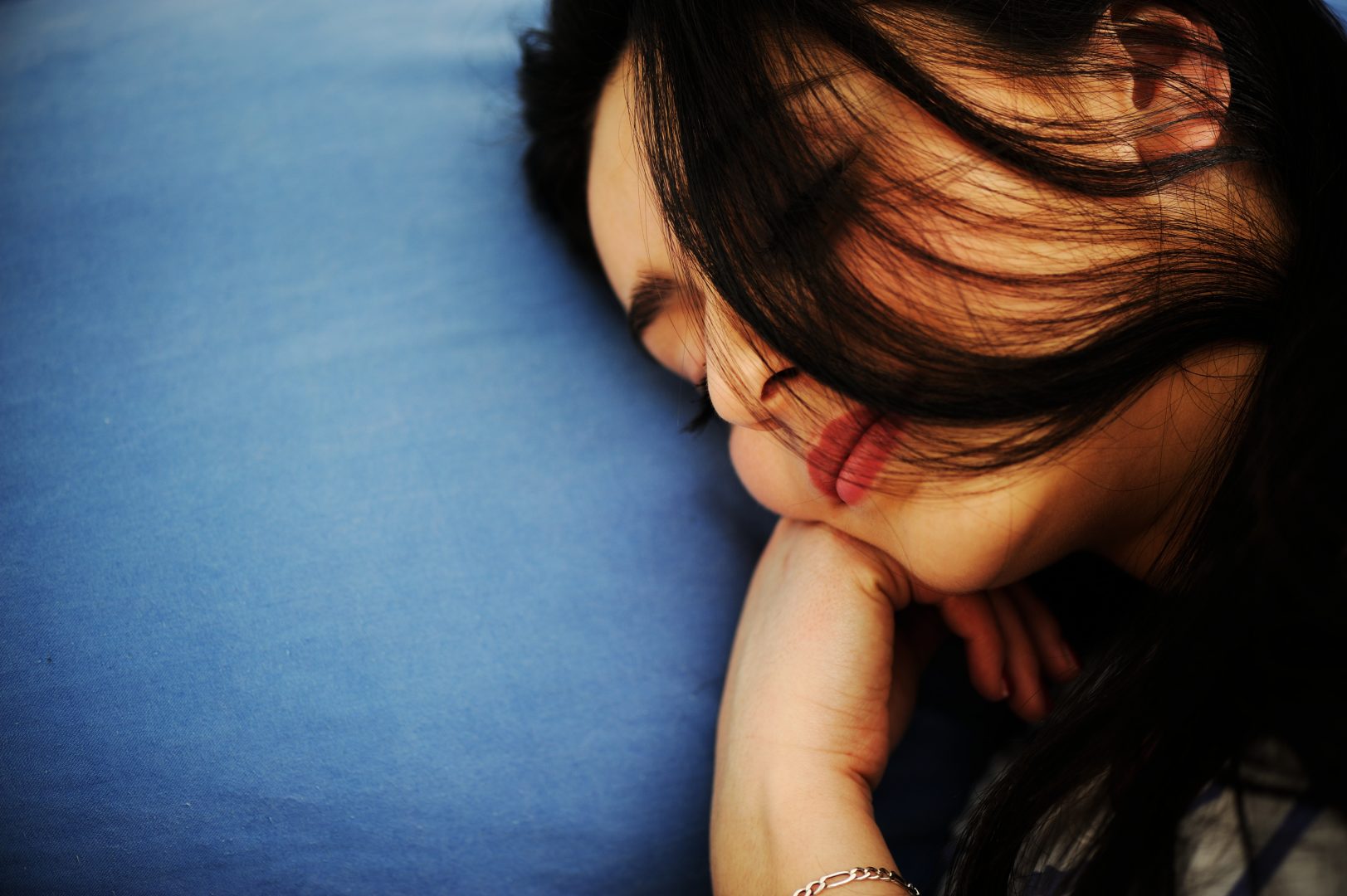We all know we feel better after a good nights sleep. Be honest, how often are you getting a good nights sleep these days?
Lack of sleep can interfere with hormonal balance, reduce your ability to handle stress, increase cortisol, not to mention making it more difficult to think and function at your best the next day.
For many of us, getting a solid night’s sleep can be hard to come by. If you find yourself in that situation, here are a few simple things you can do in the daytime that will make a big difference when its time to go to bed at night.
1. Open Your Shades
Exposure to bright light first thing in the morning stops production of the sleep-inducing hormone melatonin and signals to your body that it’s time to wake up. Outdoor sunlight is best, so you might even want to take a quick walk outside.
2. Make Your Bed
This is a psychological trick aimed at making your bedroom less cluttered — and therefore easier to relax in — come bedtime. You can also quickly put away any junk cluttering your nightstand and dresser.
3. Exercise
Exercise leads to better sleep at night. Many people schedule their full workouts for morning, which makes it easier to also exercise while fasting (an added benefit). If you don’t have time for a full workout, at least do some quick stretching or bodyweight exercises.
4. Take a Walk Outdoors After Lunch
Not only will this increase in physical activity help you sleep later, but taking your walk outdoors gives you more exposure to bright sunlight. Light intensity is measured in lux units, and on any given day, the outdoor lux units will be around 100,000 at noon.
Indoors, the typical average is somewhere between 100 to 2,000 lux units — about two orders of magnitude less. The brightness of the light matters, because your pineal gland produces melatonin roughly in approximation to the contrast of bright sun exposure in the day and complete darkness at night.
If you are in relative darkness all day long, it can’t appreciate the difference and will not optimize your melatonin production. This, in turn, can have some rather significant ramifications for your health and sleep. I take a one-hour walk every day in the bright sunlight on the beach, so along with boosting my vitamin D, I also anchor my circadian rhythm at the same time and I rarely ever have trouble sleeping.
5. Cut Off Your Caffeine
If you’re a coffee drinker, take your last caffeinated sip in the early afternoon (this applies to caffeinated soda, too). The caffeine can linger in your body for hours, blocking a brain chemical called adenosine that would otherwise help you to fall asleep.
6. Consider a Nap
According to Rubin Naiman, Ph. D. a clinical psychologist, author, teacher, and a leader in integrative medicine approaches to sleep and dreams, we’re biologically programmed to nap during the daytime, typically in the middle of the afternoon.
The key is to avoid napping for too long, as this may disrupt your circadian rhythms, which would hurt your sleep instead of help it. The ideal nap time for adults appears to be around 20 minutes (any longer and you’ll enter the deeper stages of sleep and may feel groggy when you wake up).
– via Mercola.com
Having The Right Routine Can Make A Huge Difference
Large buildings are built with small bricks. Building a new healthy sleep routine is similar.
It may take some time to make a real change but if you are patient, positive and refuse to give up these small changes could mean steady, sound sleep for you night after night.
Incorporating healthy sleep routines (day and night), foods and possibly supplements into your life will have a positive impact on your hormones, stress levels, peace of mind, overall health and sleep over time.
Take a look at these additional healthy routines to use for optimal sleep.
A Healthy Daily Routine
A daily (and nightly) routine can make a big difference in how easily you fall and stay asleep. You’ll have to experiment to find out what works best for you but here are some helpful suggestions:
- Wake up and go to bed at the same time, even on weekends to keep your hormone cycle regular.
- Eat a high protein/high fat snack a few hours before bed (7pm or earlier) or consume a lot at dinner.
- Avoid caffeine after 1 pm.
- Install F.lux (it is free) on all computers and devices to reduce blue light and help you sleep better (it is also easier on the eyes!)
- Drink enough water during the day and stop drinking about 2 hours before bed so you don’t have to wake up to use the bathroom.
- Take a soothing salt bath about an hour before bed with some relaxing music or a great book.
- Get at least 30 minutes of sunlight each day (even if you aren’t trying to get your vitamin D). The exposure to the wide-spectrum light during the day boosts serotonin levels, which will help improve melatonin levels at night
- Avoid artificial light as much as possible after the sun goes down.
- Pray, meditate or find a way to reduce stress.
- Give yourself a massage before bed to release stress and help relax (Personally, I love this for home-massage)
- Stretch before bed to relax muscles.
– via Wellness Mama®
Do you ever have difficulty sleeping?
